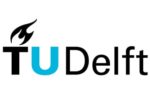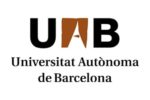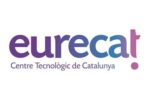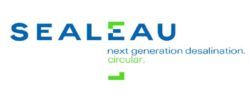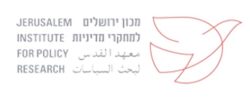To capture the full potential of the circular water economy, WATER-MINING proposes strategies for each of these three water forms, involving six sector-specific case studies (CS). The aim is to benchmark, refine and establish commercial implementation routes for the proposed approaches and technologies. The proposed strategies are carefully designed to reflect the different needs of water users.


